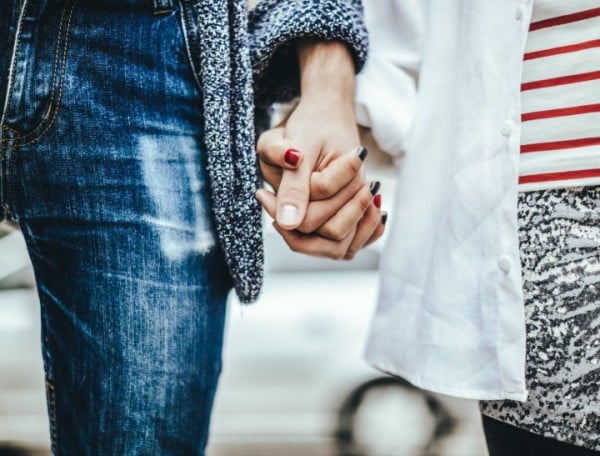
By
When Bethany and I started dating we both knew two things — neither of us are “conventional” and both of us had previous relationships.
What we didn’t expect was that the conventional stereotypes we’d learned from our previous relationships might be one of the biggest roadblocks to making it as a couple.

If you had asked either one of us we would have said that we didn’t buy into stereotypes, especially the kind of assumptions people make based on gender. Neither of us believe that men shouldn’t show their emotion, or that women can’t control theirs. Neither of us buy into the idea that men are at the mercy of their carnal urges while women either don’t have them or can maintain a cool head in spite of them. And certainly, neither of us believe that a woman has never yelled at a man while he was sweeping the floor or doing the dishes.






























































































